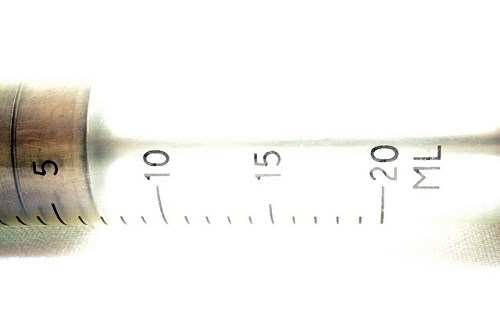Study shows at least 30% doping prevalence in 2011 athletic championships
A doping research article from 2011, but not published until few days ago, reveals a doping prevalence of a so far unseen scale. The research is based on anonymous surveys of more than 2,167 elite athletes competing at the 2011 World Championships in Daegu, South Korea, and the 2011 Pan-Arab Games held in Doha, Qatar.
The study, commissioned in 2011 by the World Anti-Doping Agency (WADA) and carried out by researchers at the University of Tübingen in Germany, finds an estimated prevalence of doping usage within the past 12 months of up to 45% among participating athletes. The prevalence detected by blood and urine tests taken by WADA during the two championships was between 0.5% - 3.6%.
In collecting the responses from the athletes, researchers used a ‘randomized-response method’ (RRM) (in which only the respondent knows the question to which he or she answers) ensuring the anonymity of the respondents. This anonymity is believed to encourage honest answers.
“Overall, this study suggests that biological tests of blood and urine greatly underestimate the true prevalence of doping,” says Harrison G. Pope Jr., Professor of Psychiatry at Harvard Medical School and co-author of the article, in a press release from Tübingen University.
“Even though the paper refers to events that happened in 2011, there is no particular reason to think the rates of doping in 2017 would be any different,” Pope Jr. said to The Guardian, adding that the use of the RRM in elite sport studies should be conducted.
While refusing to comment on specific findings in the report, the IAAF’s independent body, the Athletics Integrity Unit (AIU), send out a statement welcoming the research.
“The AIU is in no doubt that the percentage of athletes doping in the sport of athletics is significantly above the number of adverse analytical findings currently reported in annual global anti-doping figures,” the AIU statement reads, according to The Guardian.
The release of the report has been delayed due to disagreements between WADA and the IAAF as to how the results should be released. (See more about the disagreement)
The report, entitled “Doping in Two Elite Athletics Competitions Assessed by Randomized-Response Surveys”, has been published in the Sports Medicine journal.







It should come as no surprise that doping remains rife in sport. The huge financial rewards for those who are successful in certain sports have grown exponentially. Sport has become commodified and is often the only way athletes from socially depressed environments can escape their otherwise dismal plight.It would defy logic to expect athletes motivated by economic and social aspirations not to use EVERY technique possible to achieve their goals.
In his seminal work on Steroids in the late 70's US Army physiologist surveyed olympic athletes and found about 72% of athletes admitted to use of "performance enhancing" drugs. Anecdotal evidence is that ergonomic aids have progressed to include "new" currently undetectable drugs, gene manipulation and surgical interventions to improve athletic performance.
In addition to overt and flagrant rejection of the doping rules, there is the problem which arises from Therepeutic Use Exemptions (TUEs). Recent history casts a pall on the use of TUE's in a number of sports. Perhaps it is time to let the chemists, physiologists and others administer anything they want to the athletes and see what the science can produce. There is no doubt the current system is a dismal failure and must be overhauled.